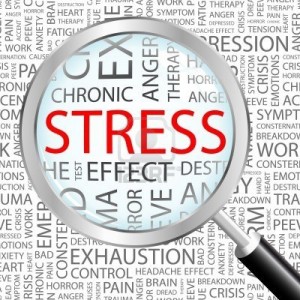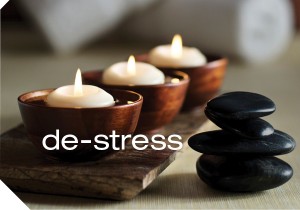 Symptoms and warning signs of mental illness will vary depending on the type and severity of the condition. You don’t need to have every item on the list below to know that there may be something wrong; or have the exact same warning signs as someone else.
Symptoms and warning signs of mental illness will vary depending on the type and severity of the condition. You don’t need to have every item on the list below to know that there may be something wrong; or have the exact same warning signs as someone else.
Some general symptoms that may suggest a mental disorder include:
- Confused thinking, disorientation or fogginess
- Difficulty concentrating, learning, and staying on task
- Inability to carry out daily activities
- Prolonged sadness or increased irritability
- Extreme highs and lows in mood
- Excessive fear, worrying or anxiety
- Difficulty handling stress
- Social withdrawal from friends and activities
- Dramatic changes in eating or sleeping habits
- Changes in eating habits that lead to weight loss or gain
- Strong feelings of anger or aggressive behavior
- Delusions or hallucinations
- Inability to cope with daily problems and activities
- Suicidal thoughts
- Abuse of drugs / alcohol
- Self-medicating
- Changes in sleep patterns
- Psychosomatic “illnesses” that can’t be diagnosis by a doctor
Knowing the early warning signs and symptoms of mental illness can help you get the help that is needed before life spirals out of control. These warning signs, particularly when occurring together, are an indicator that it is time to contact a mental health organization, doctor, health care practitioner, family member or friend and seek help.
Remember there are always organizations and professionals that can help. If you’re experiencing a lot of warning signs and feel like you’re nearing a crisis, contact your doctor or mental health provider. You can also contact your local crisis centre.
Crisis centres will have trained people that can connect you with local services, including emergency mental health services. In BC, call the BC Crisis Line 310-6789 (do not add 604, 778 or 250 before the number) to talk to someone without a wait or busy signal. They’re available 24 hours a day. You can also go to the emergency room or call 911.


 During this time of year it is easy to feel
During this time of year it is easy to feel 





